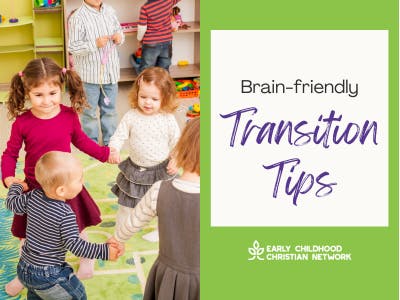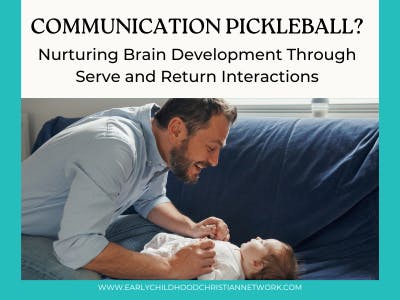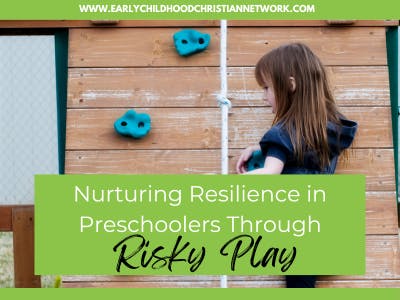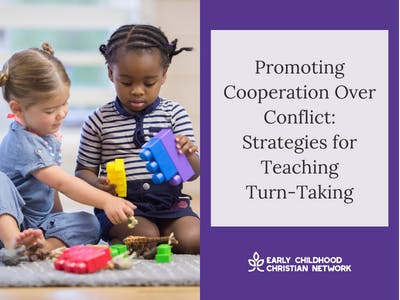|
Hey Reader!
Transitions can be challenging for young children (and their teachers!), as their brains are still developing the skills needed to shift attention from one task to another. During transitions, especially when moving away from a favorite activity to something different, children’s brains are flooded with stimuli that require them to stop, process the change, and refocus. Think about all that has to happen in their brain when it’s time to go change activities! This shift can sometimes become overwhelming because the prefrontal cortex, which is responsible for planning, controlling impulses, and making decisions, is still very immature in young children. Transitions often feel really abrupt, triggering frustration or resistance. Have you ever encountered that in your classroom?
3 Ideas for Making Transitions Easier for Toddlers and Two-Year-Olds:
- Use Visual Cues: Toddlers and twos respond well to visual reminders of what’s coming next. Remember that verbal processing is pretty slow when they are this young. Use a picture schedule or simple visual cards to show them what the next activity will be. Keep that picture schedule at their eye level rather than yours!
- Offer Choices: Giving toddlers a sense of control during transitions can ease anxiety. For example, ask, “Do you want to hop like a bunny or tiptoe like a mouse to the next activity?” This makes the transition feel more fun and manageable. When it’s fun, young children are much more likely to cooperate with you!
- Sing a Transition Song: A simple, repetitive song that signals it’s time to move can help toddlers understand what’s expected next. Songs provide a calming rhythm and make the transition less abrupt. Rhythmic language is also easier to process than spoken language.
3 Ideas for Making Transitions Easier for Preschoolers (Ages 3-5):
- Give a Warning: Preschoolers benefit from knowing what’s coming. A simple, “In five minutes, we will clean up and go to circle time” gives them a heads-up and time to mentally prepare for the change. Sometimes you need to give a 2-minute and 1-minute warning for a few children. For some children, a sand timer is also helpful so they can visually see how much time is left.
- Incorporate Movement: Preschoolers often have lots of energy, so make transitions physical. Have them march, hop, or pretend to be animals as they move from one area to another. This adds an element of play and keeps them engaged. Again, if the transition itself is fun, cooperation is much easier!
- Encourage One Another: Pair children up as “buddies” where they help remind each other of what’s next and offer encouragement. This builds community and makes transitions feel more collaborative. “Alright everyone, remind your buddy that it’s almost time for music class.” Then, “Find your buddy and hop to the line for music.”
By using some of these strategies, you can actually support children’s brain development and emotional well-being in fun, silly ways while also getting to your next destination on time without meltdowns – whether that’s circle time in your room or music down the hall!
What are some of your favorite transition strategies and techniques? Comment on this week’s social media posts or reply to this email and share your ideas with us.
Cheering you on this week!
-Your ECCN team
Equipping you personally, professionally, and spiritually at every event!
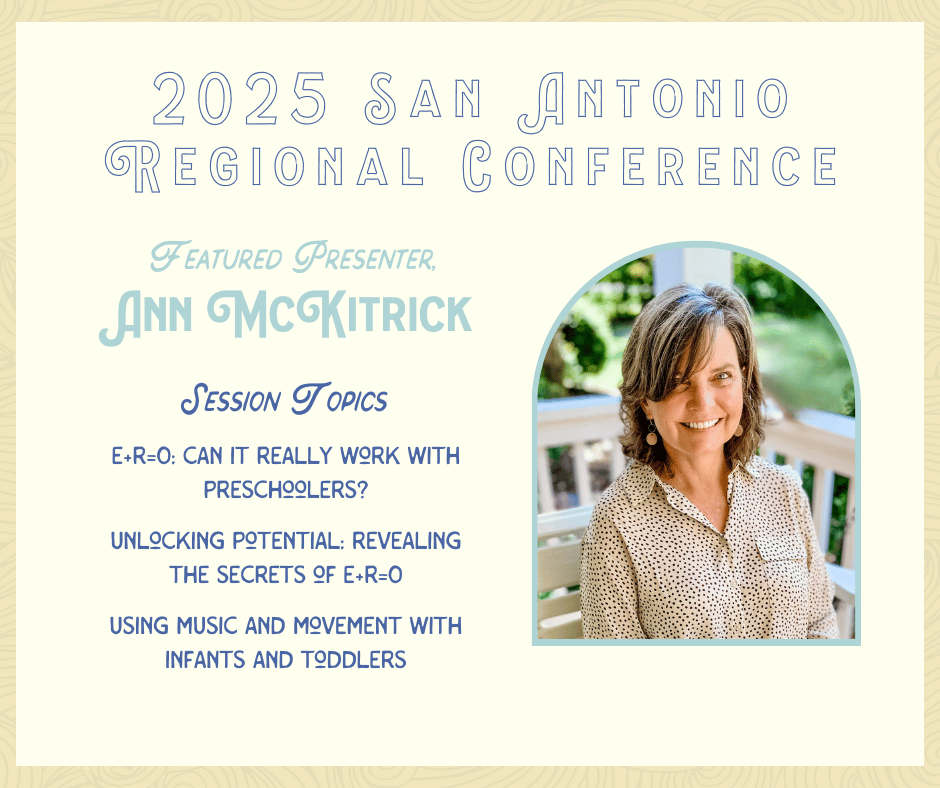
Have you registered?
Feb 1, 2025: San Antonio
Early bird registration ends Dec 20th.
|
|
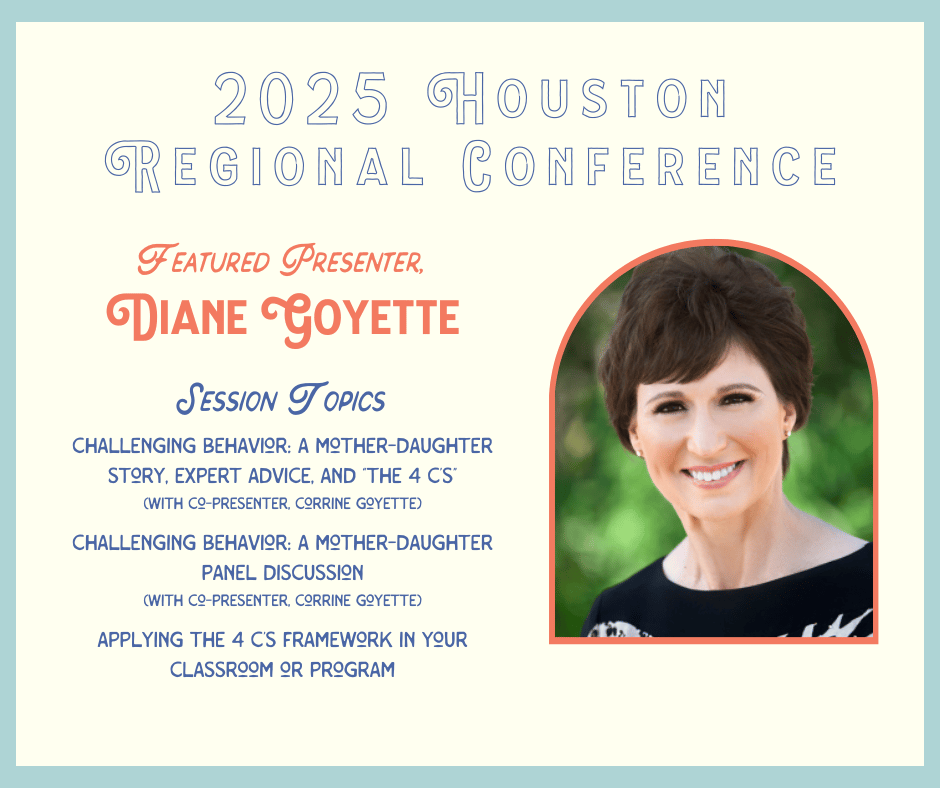
Get on the list!
Jan 18, 2025: Houston
Early Bird Registration ends Dec 13th.
|
Save the Date!
February 27-28, 2025 – Director’s Retreat (Granbury) – Registration opens Dec 1st!
July 10-11, 2025 – Central State Conference (Georgetown)
August 7-8, 2025 – North State Conference (tentative)
|
 |
Colossians 3:16
“Let the message of Christ dwell among you richly as you teach and admonish one another with all wisdom through psalms, hymns, and songs from the Spirit, singing to God with gratitude in your hearts.”
|

